It was a significant presence that of Process Factory in the international meeting Understanding and implementing the ZDHC CMS Technical Industry Guide (TIG), organized by ZDHC to introduce the technical implementation document of its roadmap together with those who collaborated in drafting. The invitation, in broader sense, is the recognition of the role that Process Factory has been playing in diffusing the ZDHC methodology as a contributor of the first hour and forerunner in Italy of a holistic approach to good chemistry and sustainable development.
The audience
Participants in the virtual event on 24 March included many fashion brands and businesses in the supply chain: fabric dyeing and printing companies, tanneries, shoe factories and service providers that support the textile and leather industry in chemical management.
The program
What is the CMS TIG and how should it be interpreted? Two different interventions by Prasad Pant (South Asia Director of ZDHC) and Klass Nuttbohm (Implementation Director of the ZDHC Implementation HUB) made clear the various implementation aspects of the document and the Supplier to Zero Program, both developed for implementing the ZDHC roadmap to which the Chem 4sustainability® protocol also conforms.
One of the meeting’s highlights was the panel discussion which opened the works entitled The need for chemical management in textile and leather manufacturing. Prasad Pant moderated the debate among prominent personalities such as S. Karhtick, Program Manager and SCM of C&A, Dunstan Weragala, Manager of Hayleys Fabric PLC, Elisa Xu of Smart Shirts and Francesca Rulli, introduced to the public as the pioneer of chemical management and sustainability in Italy.
A shared standard for good chemistry
To what extent is the proper management of chemicals in production a priority for the fashion industry? Francesca Rulli returned to a theme that has always been dear to Process Factory, namely the need to adopt a common standard to create a measurable and comparable supply chain evaluation system. In this way only, indeed, it will be possible to measure and identify the necessary improvement actions, “rewarding” the most deserving suppliers as they are more committed to sustainability and good chemistry.
“In the last five years, attention to chemical management and sustainability has grown significantly, so much to be included in the vendor rating systems of some important fashion & luxury brands”, Rulli explained. “However, the number of realities applying a true strategy of sustainability and reduction of their own environmental impact is still small compared to the total volume of production and this means that the cost lever is that, unfortunately, still weighs more”.
Expectation for coming years is to see an acceleration towards sustainability and therefore a more equitable distribution of value such as to encourage widespread and continuous investments in innovation, also applied to sustainable chemistry.
Why should the supply chain adopt a private protocol like 4sustainability®?
“The companies in the supply chain receive increasingly strong pressures from the market, with different and sometimes contradictory requests for chemical compliance“, Rulli replied. “Implementing the ZDHC methodology through a single protocol such as Chem 4sustainability® means building a management system that adopts all the ZDHC tools and which at the same time allows to respond to market demands with a single investment, once and for all”.
The 4sustainability® system is in fact conceived and continuously updated in line with ZDHC standard and the brands’ inputs. The ultimate goal is to help the supply chain manage chemicals in production while respecting human health and the environment through an implementation process based on the process evaluation and the elimination of risk in the input phase.
The necessary dialogue between brands and supply chain
In Italy, over 160 companies already apply the Chem 4sustainability® protocol and constantly measure implementation KPIs to define improvement actions. This approach also allows the sharing of the best experiences and communication to the market, promotes innovation and the elimination of toxicities from production cycles.
Service providers, with their constant support to companies, play a key role. Asked about this by Prasad Pant, Francesca Rulli underlined how the matter is new for many. “For us – she said – joining the ZDHC Foundation by actively contributing to the work of the program was a great opportunity. Exchanging views allows the various stakeholders to grow together and share knowledge and best practices. The role of the service provider as a hinge between brands and the supply chain becomes fundamental in this sense. Direct experience on many processes and companies with different situations and cultures, in fact, refines skills and stimulates developing of solutions tested on the market. Solutions which are always in line with the expectations of ZDHC and the operators who adopt its approach”.

